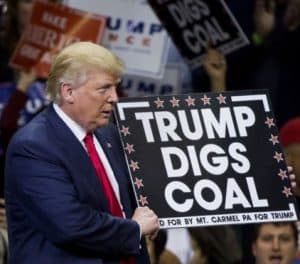STATEMENT: President Trump Decision to Leave Paris Agreement is a Colossal Mistake

WASHINGTON (June 1, 2017) —Today President Trump announced that the United States will withdrawal from the Paris Agreement on climate change.
Following is a statement by Andrew Steer, President & CEO, World Resources Institute:
“This decision is a colossal mistake. It shows a stunning disregard for the well-being of people and the planet. President Trump will now have to answer for walking away from one of the most hard-fought and popular global achievements in recent memory.
“Withdrawing from the Paris Agreement will leave the U.S. diplomatically adrift, at odds with nearly 200 countries. There are now 194 countries united in their determination on climate, while a group of three – Syria, Nicaragua, and the United States – stand apart.



 Climate Change
Climate Change







